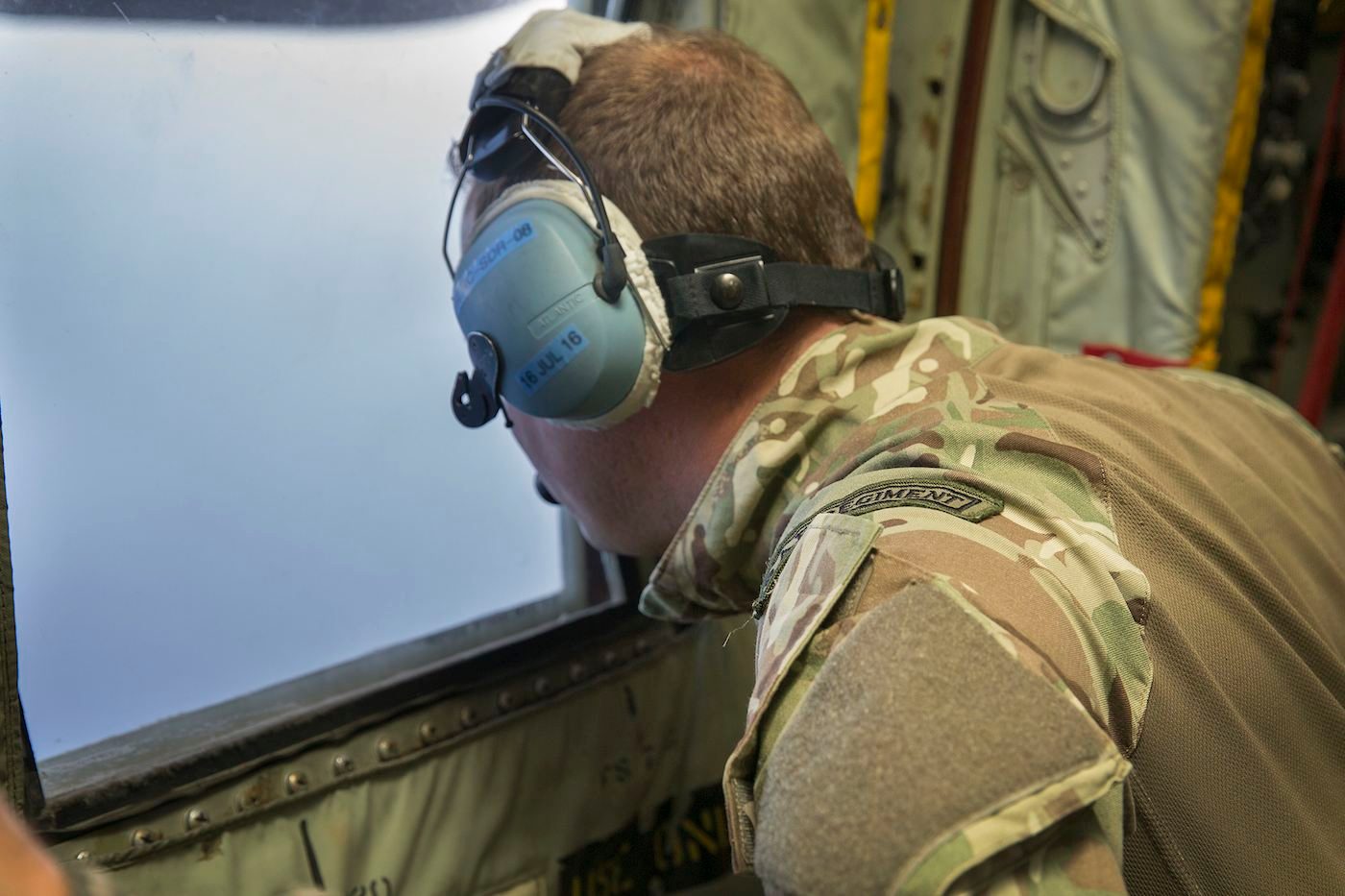SUMMARY
This is AI generated summarization, which may have errors. For context, always refer to the full article.

While Egypt’s aviation minister has pointed to terrorism as more likely than technical failure, French Foreign Minister Jean-Marc Ayrault said there was “absolutely no indication” of why the plane went down. (READ: Terror attack a possibility in EgyptAir crash)
“We’re looking at all possibilities,” he said, as reports indicated there had been smoke on board and an apparent problem with the flight control system just before it went down.
The disaster comes just 7 months after the bombing of a Russian passenger jet by the Islamic State jihadist group over Egypt’s Sinai peninsula in October that killed all 224 people on board.
Families of the 66 people aboard the EgyptAir flight from Paris to Cairo gathered at a hotel near the Egyptian capital’s airport after meeting airline officials as they struggled to come to terms with the catastrophe.
“They haven’t died yet. No one knows. We’re asking for God’s mercy,” said a woman in her 50s whose daughter had been on board.
French investigators were due to meet their Egyptian counterparts in Cairo, while a French patrol boat carrying equipment capable of tracking the plane’s black boxes was expected on Sunday, May 22, or Monday, May 23.
The plane disappeared between the Greek island of Karpathos and the Egyptian coast in the early hours of Thursday, May 19, without its crew sending a distress signal.
It had turned sharply twice before plunging 22,000 feet (6,700 meters) and vanishing from radar screens, said Greek Defense Minister Panos Kammenos.
The Wall Street Journal and CNN cited unnamed sources as saying the plane’s computer systems sent warning messages indicating smoke in the nose of the aircraft just before air traffic controllers lost contact.
The messages indicated intense smoke in the front portion of the plane. The error warnings also indicated that the flight control computer malfunctioned, the Journal report said.
It said the information was insufficient to determine whether the plane was brought down by a bomb or other causes.
Boy, babies on board
Philip Baum, the editor of Aviation Security International Magazine, told the BBC that technical failure could not be ruled out.
“There was smoke reported in the aircraft lavatory, then smoke in the avionics bay, and over a period of 3 minutes the aircraft’s systems shut down,” he said.
“That’s starting to indicate that it probably wasn’t a hijack, it probably wasn’t a struggle in the cockpit, it’s more likely a fire on board. Now whether that was a technical fire, a short circuit, or whether it was because a bomb went off on board, we don’t know.”
Greek civil aviation chief Constantinos Litzerakos said the pilot had mentioned no problem in his last communication.
“The flight controllers contacted the pilot at a height of 37,000 feet… he did not mention a problem,” he said.
Personal belongings and parts of the Airbus A320 were spotted by search teams scouring seas off Egypt’s northern coast about 290 kilometers (180 miles) from the city of Alexandria, the military said.
Kammenos said the teams, which include multinational aircraft and ships, had found “a body part, two seats and one or more items of luggage”.
The passengers included 30 Egyptians, 15 French citizens, two Iraqis, two Canadians, and citizens from Algeria, Belgium, Britain, Chad, Portugal, Saudi Arabia and Sudan. They included a boy and two babies.
Seven crew members and 3 security personnel were also on board.
The discovery of the wreckage came after the European Space Agency said one of its satellites had on Thursday spotted an oil slick about 40 kilometers southeast of the plane’s last known location.
In October, foreign governments issued travel warnings for Egypt and demanded a review of security at its airports after the Islamic State group (IS, formerly known as ISIS or the Islamic State in Syria and Iraq) said it downed the Russian airliner over Sinai with a bomb concealed in a soda can that had been smuggled into the hold.
ISIS has been waging a deadly insurgency against Egyptian security forces and has claimed attacks in both France and Egypt. – Samer al-Atrush, AFP/Rappler.com
Add a comment
How does this make you feel?
There are no comments yet. Add your comment to start the conversation.